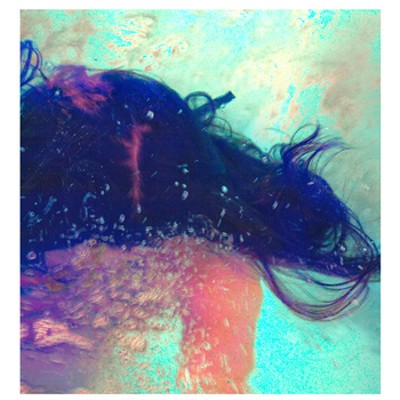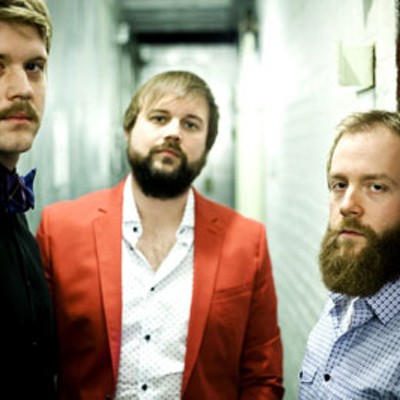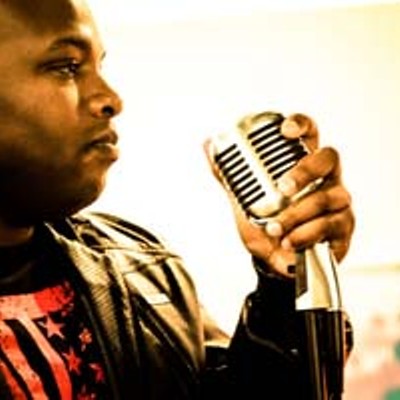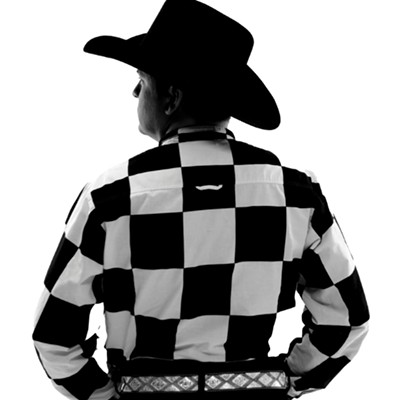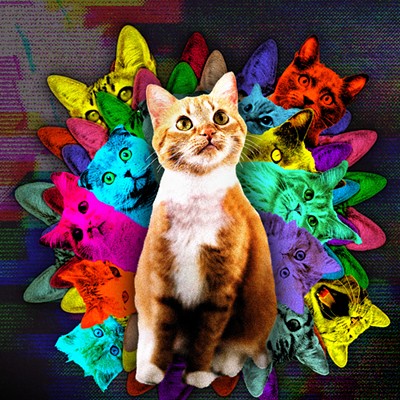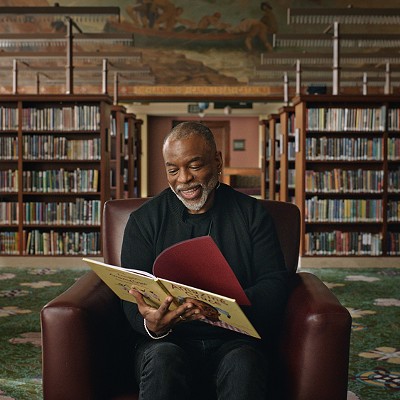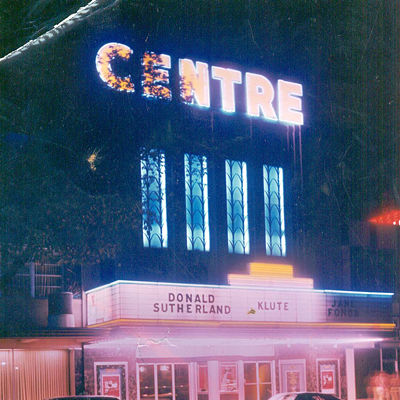
Ever since last month’s Golden Globes, when an absent Woody Allen was presented with the Cecil B. DeMille lifetime achievement award, much ink has been spilled amid renewed allegations of him molesting his adopted daughter, Dylan, when she was 7.
Last week, on film journalist Jeffrey Wells’ Hollywood Elsewhere website, one commenter on the ongoing story wrote jokingly — or so one hopes — “I’m beginning to think this whole fiasco is a clandestine Oscar campaign for The Hunt.”
Showing Tuesday night at the Oklahoma City Museum of Art as part of its Oscar Tune-Up showcase, The Hunt addresses the touchy subject of sexual abuse. It also is Denmark’s entry for Best Foreign Language Film at March 2’s Academy Awards. It deserves to win as much as it deserves a run several weeks longer than its one-and-done showing here. For me, only one or two movies were better in all of 2013.
Much of its chilling power is due to its unconventional lead, Mads Mikkelsen. Americans may know him best as the financial terrorist who complicates James Bond’s life in 2006’s Casino Royale. Currently, he’s everyone’s favorite learned cannibal in NBC’s Hannibal, the overdue Silence of the Lambs-inspired series that’s far better than it had any right to be. Audiences may approach The Hunt with the same amount of skepticism: “Why would I want to watch that? It sounds depressing.”
Trust me; you do, and it’s not. It is, however, excellent.
Mikkelsen’s Lucas is a kindergarten teacher in a small, comfortable village. After a rough divorce, things are starting to look up for him: His teenage son, Marcus (Lasse Fogelstrøm), is coming to visit, and romance blooms between Lucas and co-worker Nadja (Alexandra Rapaport). It’s not at all difficult to see what Nadja sees in him because Lucas is kind and caring. He’s absolutely adored by the schoolchildren, particularly little Klara (adorable newcomer Annika Wedderkopp), his best friend’s daughter, yet that’s exactly the problem.
Klara harbors a harmless but heavy crush on her teacher, but when she kisses him and he rebuffs her, the girl is unable to process why. Therefore, her hurt feelings turn vengeful, and recalling details from a pornographic picture her brother exposed her to, she makes up a story. The conclusion-leaping fallout is a nightmare — for Lucas, for Nadja, for Marcus, for us.
Directed and co-written with icy perfection by Thomas Vinterberg (1998’s The Celebration), The Hunt proves that the principle of presumption of innocence until proven guilty is, to be frank, utter BS. Especially in today’s social media-driven times, you throw an unfavorable label toward someone and — whether valid or invented — it sticks with cruel immediacy. Make an accusation on Twitter, and one’s followers are likely to bleat in agreement like sheep, without bothering to know the whole story.
The Hunt purposely frustrates in that Lucas doesn’t quite
say the things you want him to say in his defense. That’s because he
realizes with horror that no one cares to stop long enough to listen.

